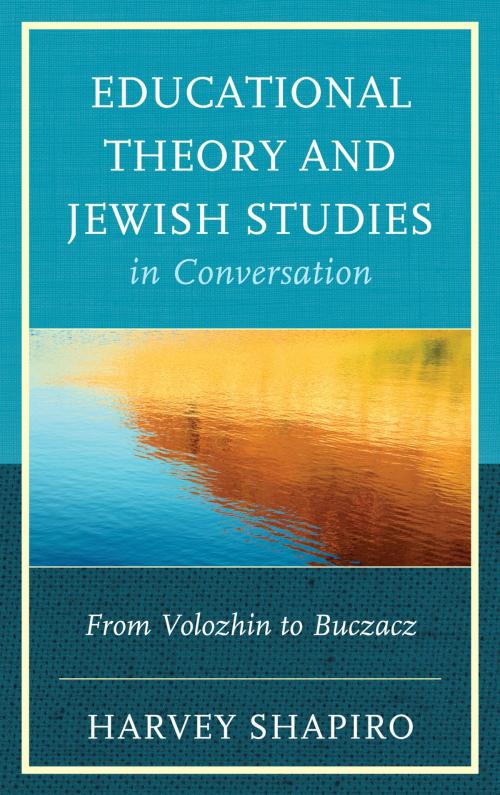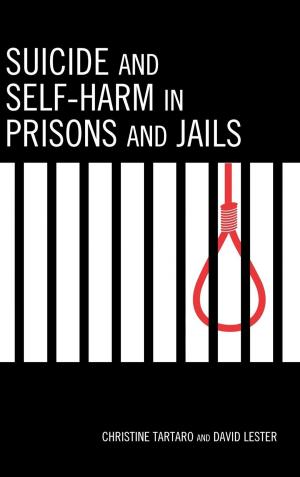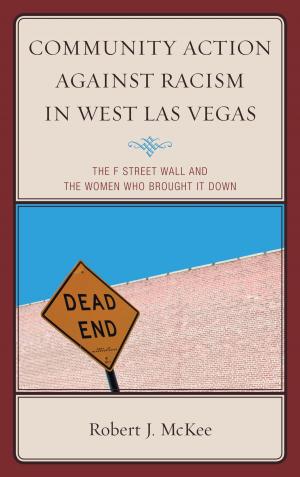Educational Theory and Jewish Studies in Conversation
From Volozhin to Buczacz
Nonfiction, Reference & Language, Education & Teaching, Educational Theory, Philosophy & Social Aspects, Religion & Spirituality, Judaism| Author: | Harvey Shapiro | ISBN: | 9780739175323 |
| Publisher: | Lexington Books | Publication: | December 8, 2012 |
| Imprint: | Lexington Books | Language: | English |
| Author: | Harvey Shapiro |
| ISBN: | 9780739175323 |
| Publisher: | Lexington Books |
| Publication: | December 8, 2012 |
| Imprint: | Lexington Books |
| Language: | English |
Educational Theory and Jewish Studies in Conversation: From Volozhin to Buczacz, by Harvey Shapiro, PhD, brings together two different fields of study—modern Jewish studies and contemporary educational theory—to provide new theoretical frameworks for their interaction. Although Jewish studies and education programs at secular universities have joined denominational and transdenominational institutions of higher learning in adopting a dual or parallel course structure, there has been little scholarly attention given to the basis for doing so. Shapiro provides alternative theoretical frameworks for the relationship between Jewish studies and educational theory and discusses different ways of developing and articulating these relationships between disciplines.
Shapiro shows what is at stake when students and faculty think and communicate together across discourses—in particular, between the fields of education and Jewish studies. Presenting an alternative to conventional notions of interdisciplinarity, this book’s import extends to virtually all relationships between the humanities and professional education when these different discourses illuminate and challenge one another.
Educational Theory and Jewish Studies in Conversation: From Volozhin to Buczacz, by Harvey Shapiro, PhD, brings together two different fields of study—modern Jewish studies and contemporary educational theory—to provide new theoretical frameworks for their interaction. Although Jewish studies and education programs at secular universities have joined denominational and transdenominational institutions of higher learning in adopting a dual or parallel course structure, there has been little scholarly attention given to the basis for doing so. Shapiro provides alternative theoretical frameworks for the relationship between Jewish studies and educational theory and discusses different ways of developing and articulating these relationships between disciplines.
Shapiro shows what is at stake when students and faculty think and communicate together across discourses—in particular, between the fields of education and Jewish studies. Presenting an alternative to conventional notions of interdisciplinarity, this book’s import extends to virtually all relationships between the humanities and professional education when these different discourses illuminate and challenge one another.















